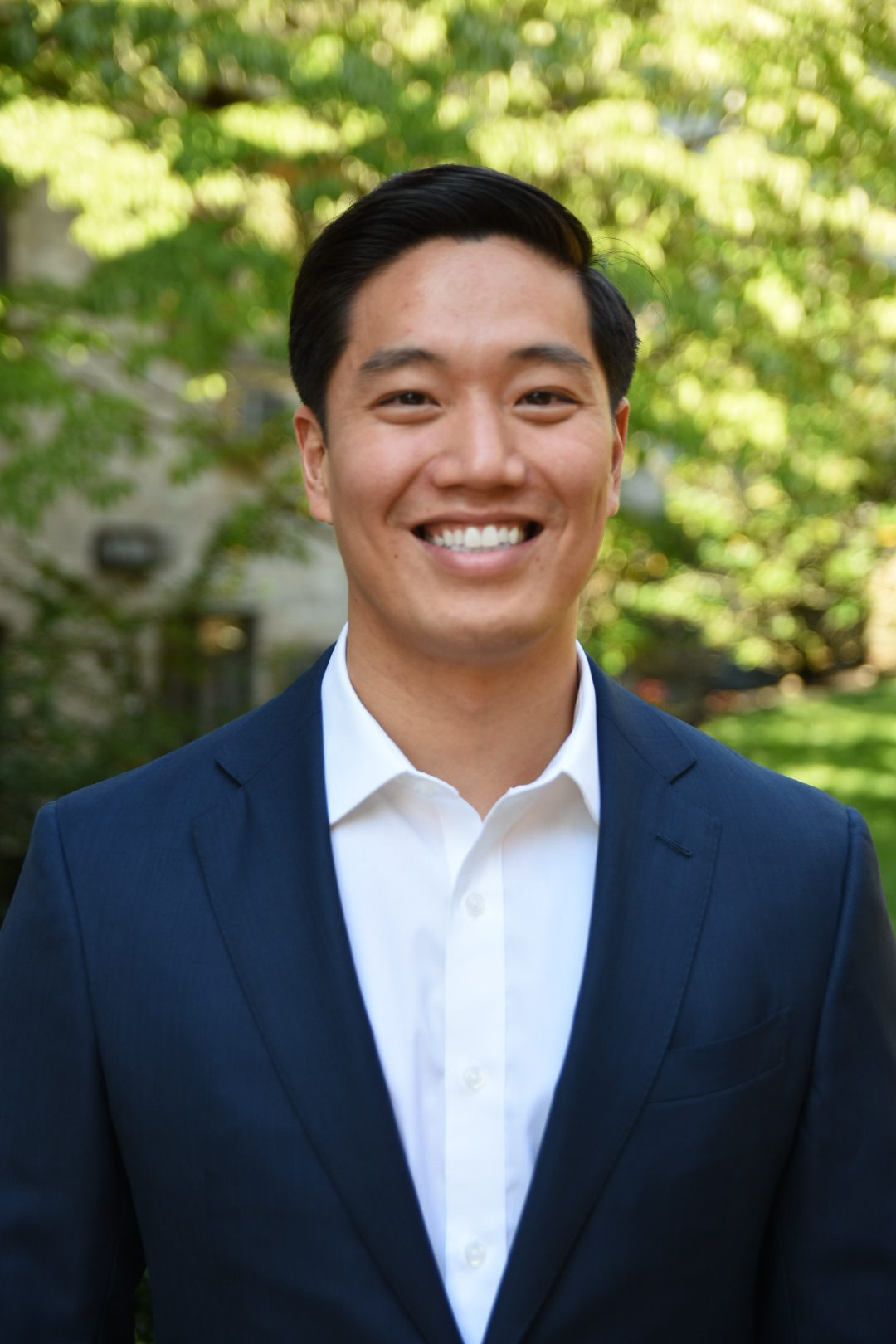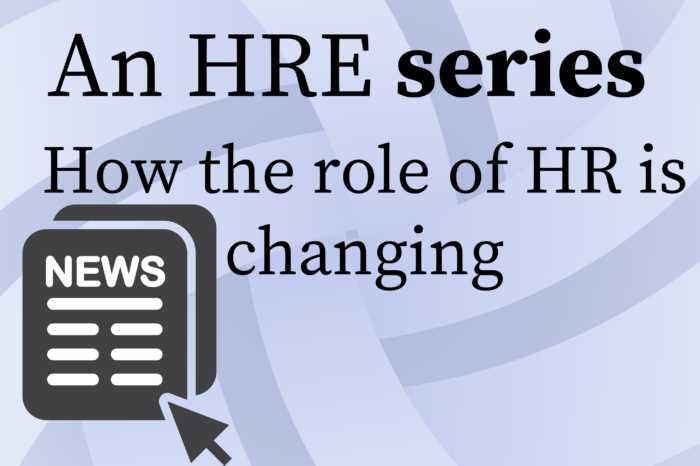When he transitioned out of the U.S. military two years ago, Jason Jin knew he wanted to take his career into the financial services field but wasn’t sure where to start.
Jin had spent the previous six years in the U.S. Army, starting his service studying at the U.S. Military Academy at West Point and later entering combat, including one deployment in Afghanistan, logistics and then becoming a recruiting manager, overseeing efforts to attract service members in four Pennsylvania offices. While others had started getting their foot in the door of the financial services industry, Jin’s military service meant that he had different professional circles.
See also: Veterans entering the civilian jobs market can face hurdles
Jin began attending veteran-focused recruiting events to start building that network, which ultimately led him to PwC. He joined the global professional services organization in 2018 as a financial services management consultant in the firm’s Advisory line of service.
“During onboarding and in the first few months, I did struggle with the transition [from the military to the private sector],” Jin recalls. “Though I made the connections I needed to earn a position at PwC, I did not have individuals to connect with once I was a part of the firm.” He says he considers himself lucky to have found a group of veterans at the organization who helped him find his footing and propel his career. That “culture of belonging,” he says, flourished when he joined the organization’s Veteran Affinity Network.
Now, he’s continuing the passion for recruiting he found during his time in the military as the U.S. Veteran talent acquisition leader in PwC’s Diversity Center of Excellence, seeking to attract top veteran talent to the organization.
Corporate America, Jin says, has “come a long way” in the past two decades–especially thanks to veterans who paved the way and many lawmakers–when it comes to recognizing what former military members can bring to their organizations. Skills relating to leadership, project management, multitasking and working under pressure are common among veterans, many of whom have also worked in complex, highly matrixed organizations.
“These skills are incredibly valuable to organizations,” Jin says, “and, in today’s uncertain environment, they can be critical in helping companies navigate the many changes that we’ve seen during the pandemic.”
But finding and retaining veteran talent requires focused efforts.
“If companies don’t commit to recruiting and hiring veterans, it can fall out of focus because it isn’t an identity that you can see and often requires a conversation or two to find out,” Jin says.
Related: Why hiring veterans is good for business
He advises HR leaders aiming to expand their veteran outreach to embed three steps into their talent strategies.
First, they need to work to bridge military and corporate networks. Like in his own experience, many veterans have limited or non-existent private sector experience, Jin says, so having a “dedicated and proactive” resource within the organization to build connections among veterans can help attract more diverse, qualified talent from veteran communities.
[click_to_tweet tweet=”3 steps to help #HR build a #veterans outreach program #hiring #recruitment ” quote=”Tweet this story” theme=”style3″]
Organizations should also be intentional about helping veterans understand how their specific skill sets and experiences can support them in certain roles and career paths within the business.
“[Such approaches] can help keep an organization accountable to their D&I commitments,” he notes, “and help fulfill company values and purpose for employees.”




